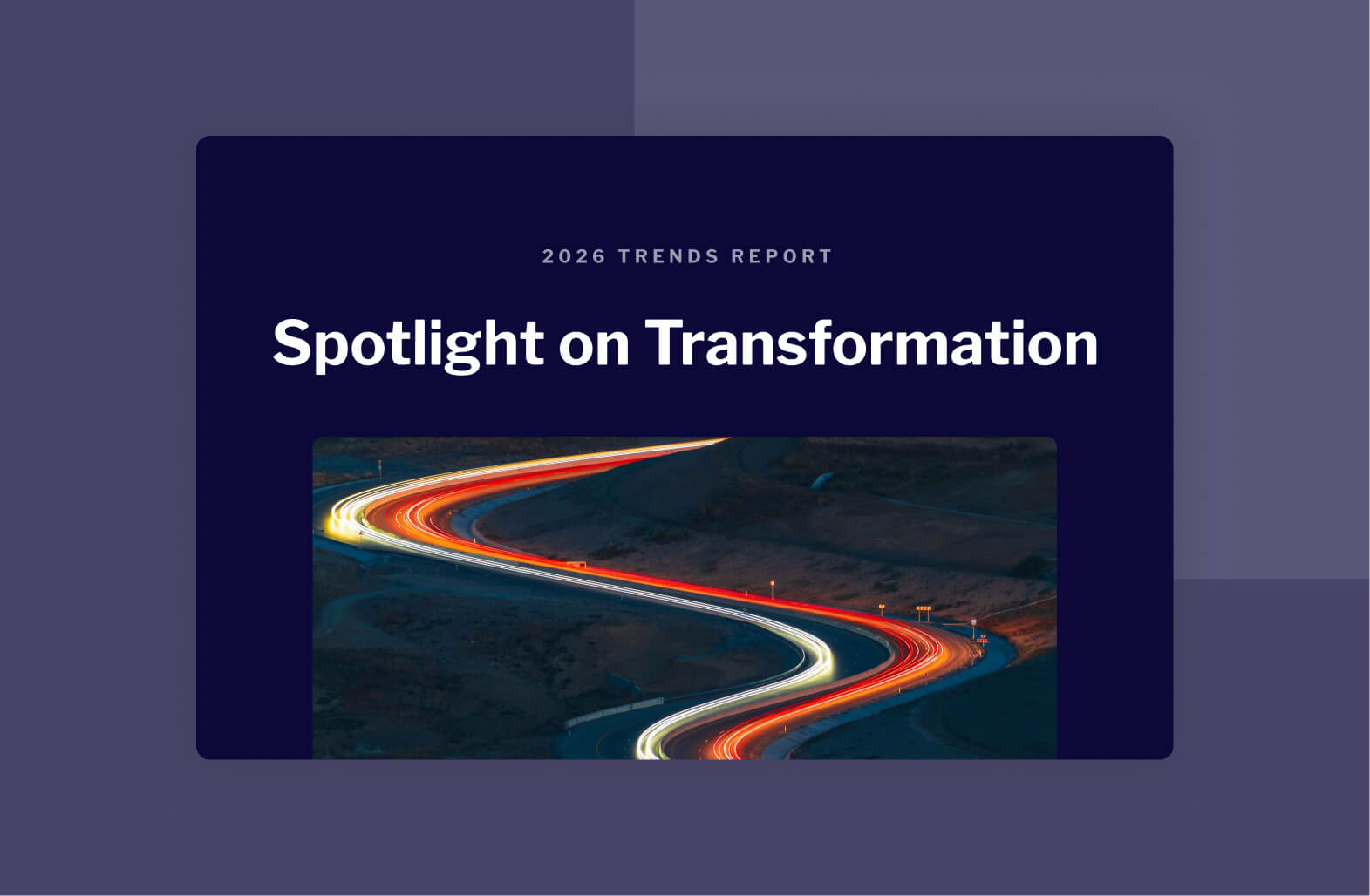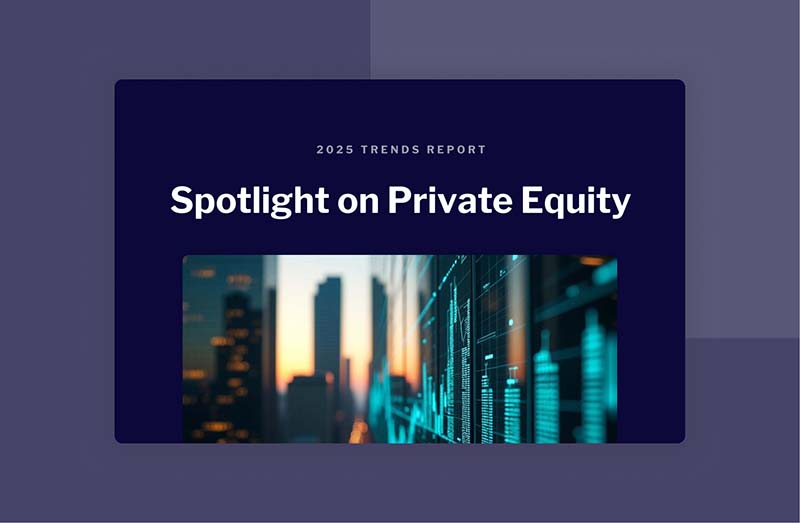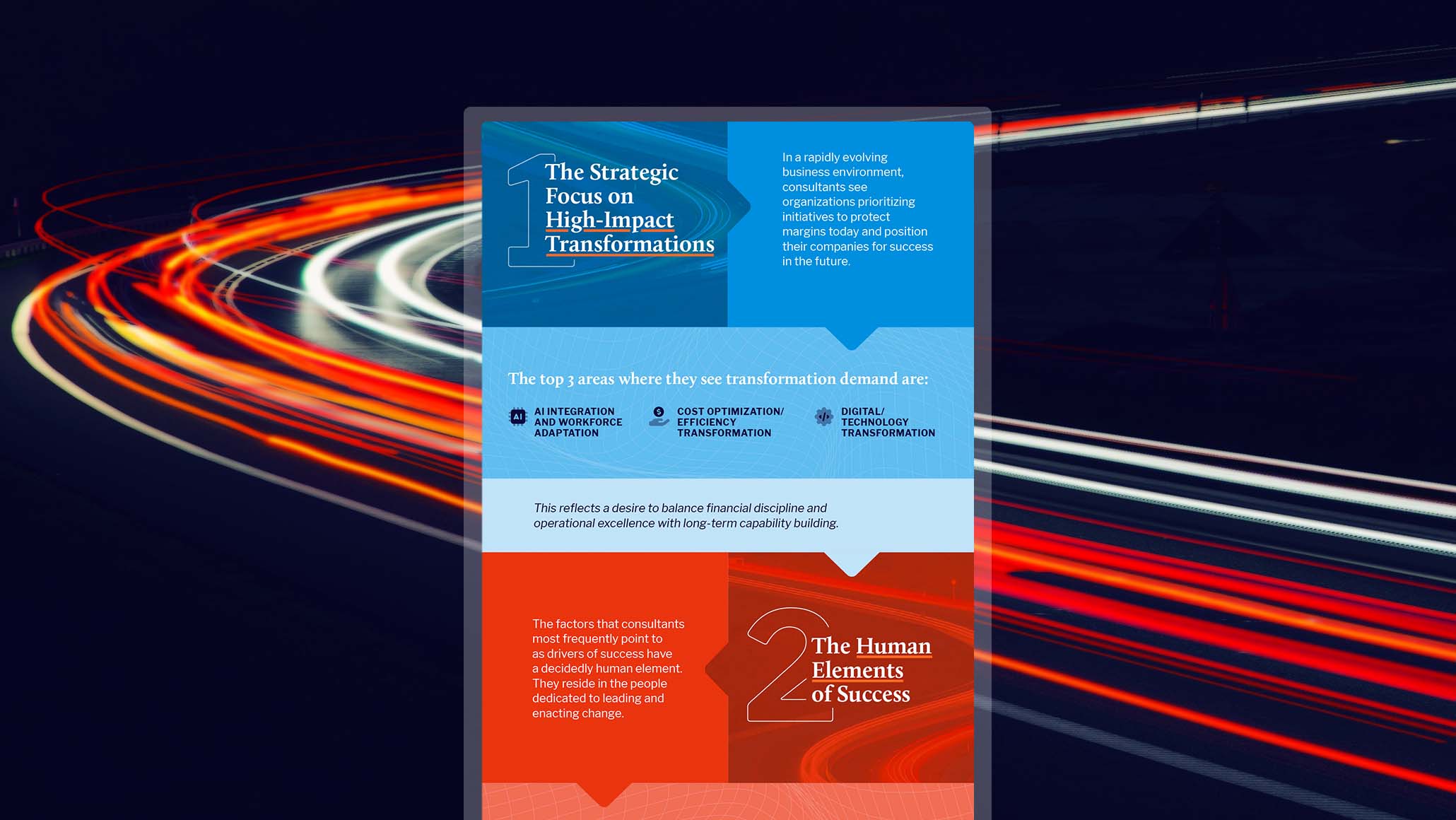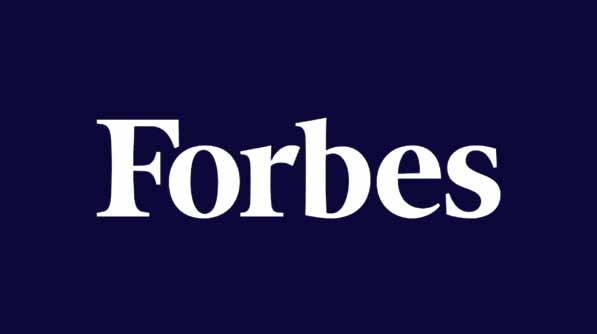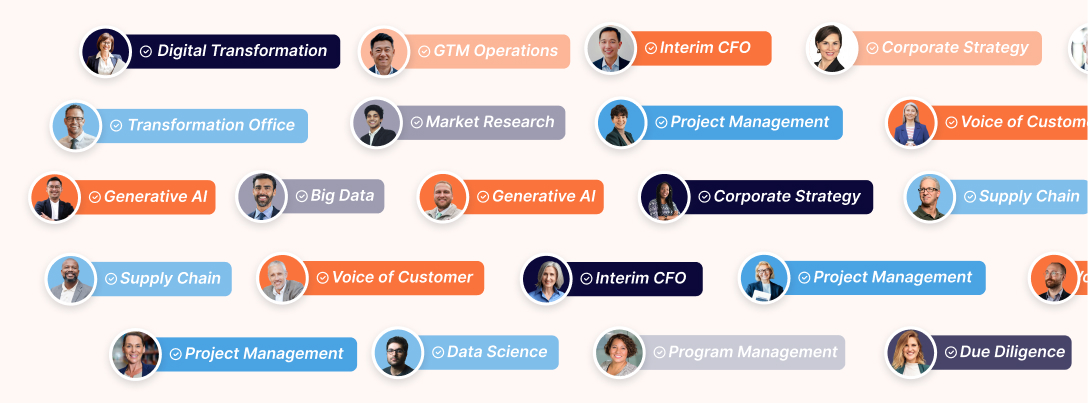Why the Freelance Economy Is an Opportunity for Highly-Skilled Workers

When most people think of “gig workers” they conjure images of ride shares and grocery deliveries. And while there is endless discussion about the future of those jobs, most people don’t see how the freelance economy is impacting a different group of workers — highly-skilled independent consultants.
At Catalant, we’ve spent the last eight years helping organizations connect with highly-skilled independent consultants for everything from corporate strategy to data science. The consultants we work with are the best at what they do. They are former consultants at McKinsey, Bain, BCG, Deloitte, and Accenture. They’re former product managers at Google or Amazon. They have MBAs from Harvard Business School, Stanford, and Wharton.
They are experts in supply chain, marketing, process improvement, and other diverse areas. What they have in common is that they recognized their skills were in high demand and they didn’t need the infrastructure of a large consulting firm or company to do their best work — and this means they can change their relationship to work while taking far more control over how they live.
And they’re not alone. In 2020 alone, almost 10,000 new highly-skilled independent consultants joined the Catalant platform (we now have over 80,000 experts in total). While the pandemic may have contributed to that growth, we think the freelance economy is fundamentally changing the employer/employee relationship and giving more power and autonomy to the most talented people in the workforce.
Who controls your life?
The reality for highly-skilled workers is that their lives have always been dictated by their jobs. A job offer would come with the promise of compensation, but also with strict parameters about where you live, where you work, where you sit, whom you work with, and what you work on. You spend more hours within these guardrails than outside of them.
Your other interests — family, outdoor activities, travel, music, and adventure — are squeezed into your minimal time off.
The freelance economy changes all of that. Thanks to new technologies, including the widespread adoption of digital collaboration and communication tools like Slack and Zoom, people can work with just about anyone in the world, from anywhere in the world. And with more companies moving toward a flexible workforce, opportunities abound for top talent to take more control over their lives.
If you are among the most talented and skilled workers, you have more opportunities than ever to live the life you want. You choose where you live, when you work, and with whom you work. Many of our experts say they love the ability to turn work on or off, and to be picky about which companies they choose to work with.
And they’re making more money than ever doing it. The average project size on our platform in Q1 2021 was $49,500. We know independent consultants who use their newfound flexibility to travel abroad while working, or to pursue lifelong dreams such as owning a restaurant. Several of our consultants have made more than $500,000 per year via work secured on the Catalant platform, and one was so successful he convinced his mother to join also — she booked her first engagement last year.
Being part of the freelance economy means fitting work in around your life, not the other way around.
Of course, many highly-skilled workers won’t — and shouldn’t — join the freelance economy. There are still plenty of reasons to work for an employer, from learning and development to a shared mission with trusted colleagues.
The difference is that now they have a choice. The balance of power is shifting away from companies and toward highly-skilled workers who can set their own hours, choose the companies they work with, and live life on their own terms.
Want to learn how to take advantage of the freelance economy as a highly-skilled independent consultant?
Click Here